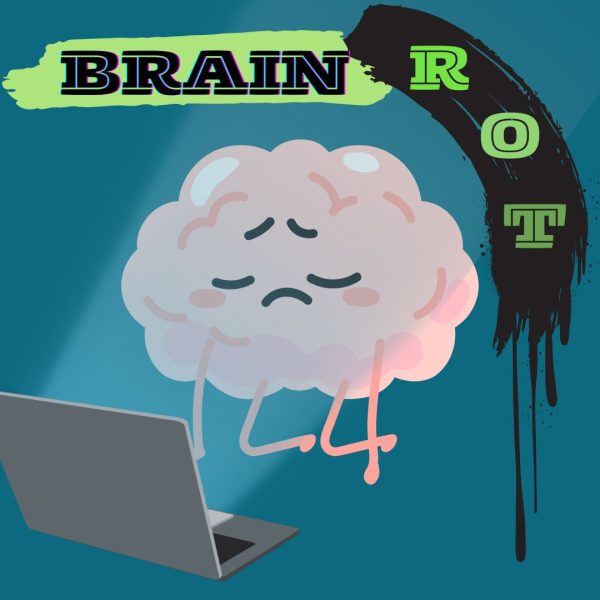The modern world’s need to stay plugged in—the downside to being “heads down”
Those born within the last 25 years or so in the United States and other advanced countries have not known life absent from some form of modern technology, unlike preceding generations. The advancement of the Internet, cellular phones, and computers within the last three decades have been so monumental that a whole generation has been defined by it: “The Millennials.”
Although the world has modernized to the greatest extent we have ever seen, and essential strides have been made due to a greater access to knowledge and communication, this grand advancement is accompanied by an unfavorable downside. While considering the pros of living in a tech-dependent world, one also has to be conscious of the negative aspects of a world constantly plugged in and how this will alter society for years to come.
As a high school student in the 21st century, I have undoubtedly seen and experienced the dependence, and I would even say addiction, to technology in my peers and even adults.
WebMD quotes a young woman who compared her dependence to her cell phone as “…a compulsion, like an itch you have to scratch.” No matter where you go in this day and age, people all around are walking with heads down, phone in hand, and eyes locked on a 2” by 5” object in front of them with often very little or interrupted awareness of the world around them.
Although some may address this as a seemingly harmless addiction, technology has become chained to the hands of humans living in the First World.
It seems like people would rather stay home and watch Netflix or play on their gaming systems than go out and interact with others. Plaid Zebra: Lifestyle Magazine reported that in regards to Netflix, family interaction decreases once a family member gets “hooked” on a show because they “…are watching shows in whenever is convenient for them, at different, fragmented times.”
The Internet has become so accessible and favorable that people would rather stay glued to a screen and connect with others in cyber space than speak with someone face-to-face. On social media sites, people, especially young adults, have let their status and “likes” determine their self-worth.
Webwisewords.com provides insight from a British neuroscientist, Susan Greenfield, on addiction to technology. In her words, the constant access is “…altering the way we think and feel.”
People assume that if they don’t get so many “likes” on a picture, they must not be worthy of attention or praise. This is the mentality that has formed during my generation; it is no wonder that people with already low self-esteem suffer great emotional blows from not receiving the recognition they believe they deserve.
When it comes to gathering news and being more aware of world events, the short blurbs on Twitter and Facebook seem to be the only sources people read to gather information. We have become so accustomed to short messages with pictures and colors that we do not take the time to read a lengthy article or watch a full video clip to gather all the facts before we voice our educated opinions on the issue.
Even if people do start to read or watch further, there is a good chance that they are going to be interrupted by a mention on Twitter or a text that will instantly shift their attention from what they were doing before.
I have noticed in myself that there have been times when I am watching a show and subconsciously will start looking on my phone; minutes will go by before I realize that I missed a huge part of what I was watching.
Surely, this may not seem like a huge issue compared to major conflicts and hardships in the world, but I truly believe the short attention span and inability to take the time to be informed readers will damage our awareness and the future of human advancement.
Technology has provided countless advancements for us—that is inarguable.
The problem arises when human relationships, stability, and positive self-image are shattered due to an altered sense of what is healthy. I am not suggesting that the destruction of smart phones or modern technology is necessary, because I know that is impossible in the modern world (and because I am not sure how I would adapt without my iPhone) but I do feel that we need to train ourselves to know when to log-off, go out with friends or family, and appreciate life around us.
It is time to stop getting caught up in the constant chaos of cyberspace and use modern technology for good, not as a catalyst for the detrimental addiction we have created.










